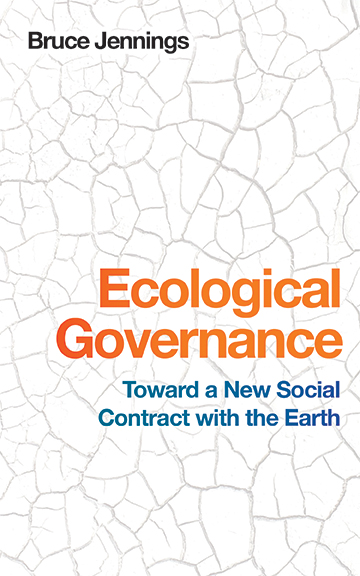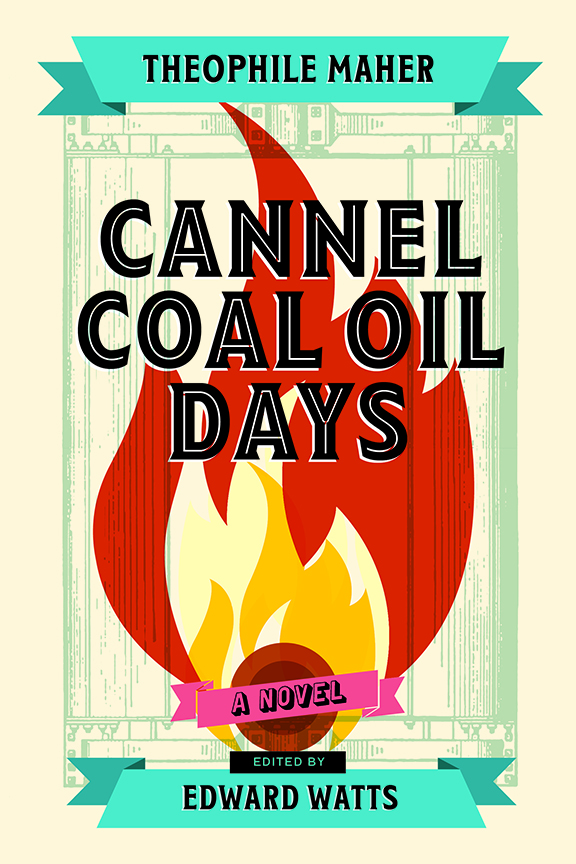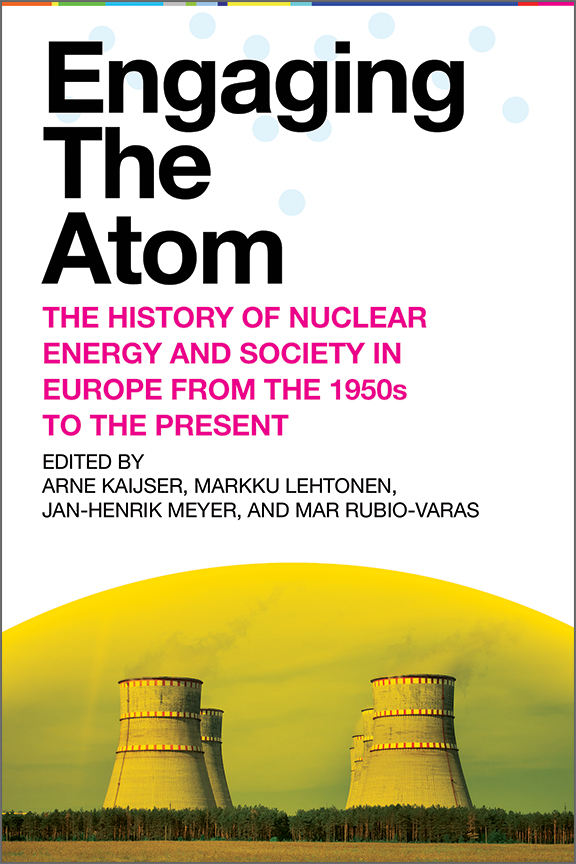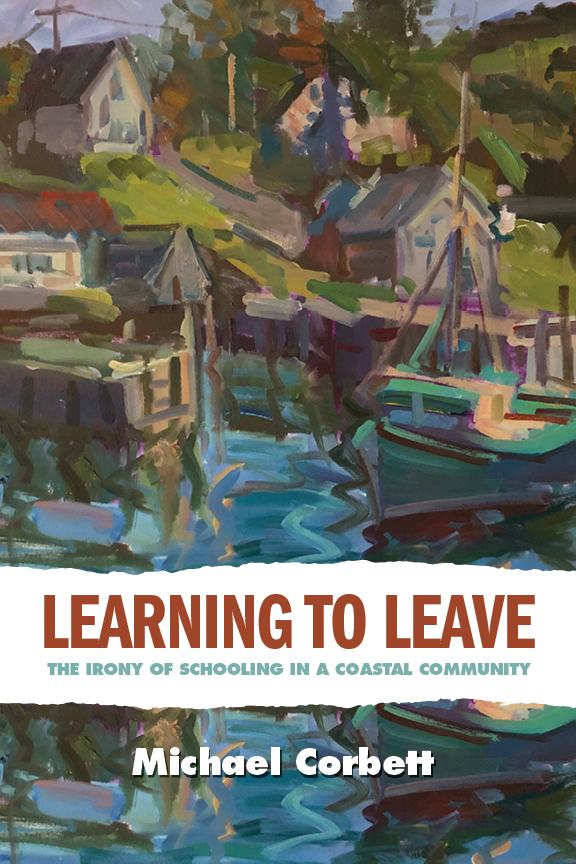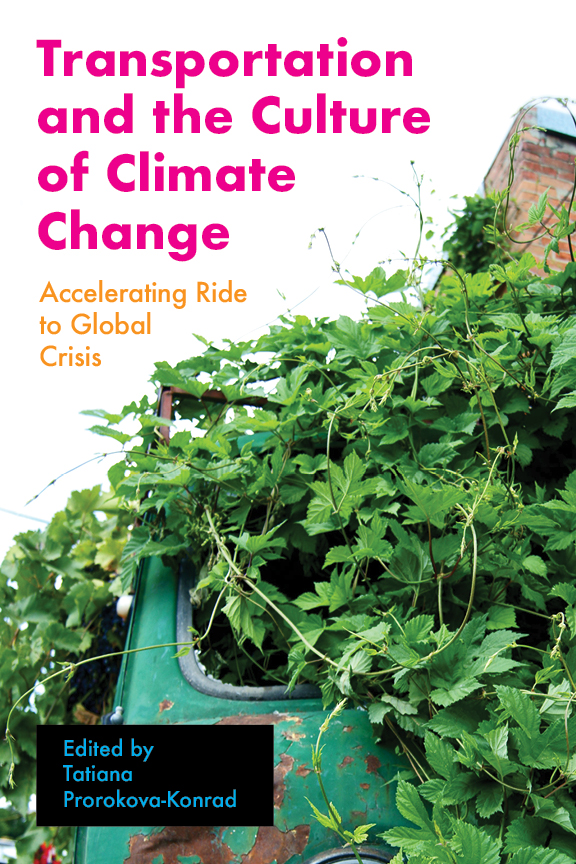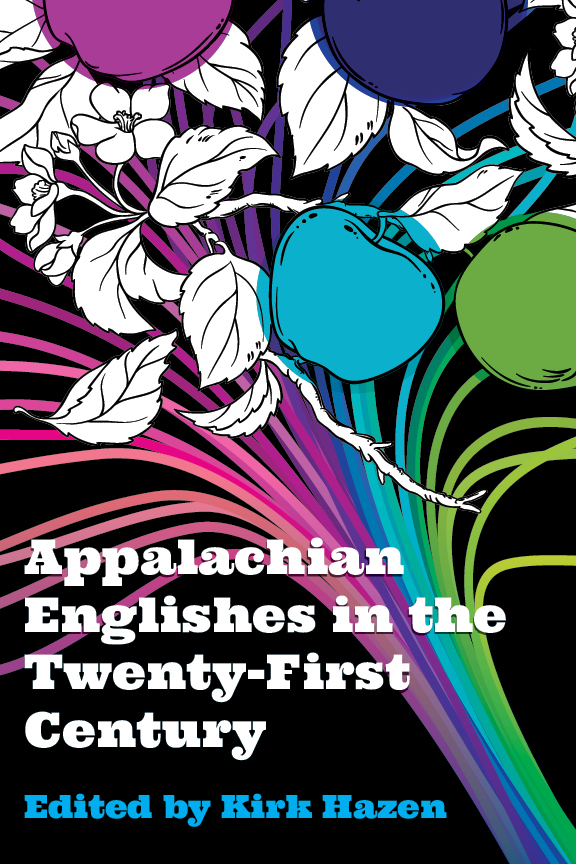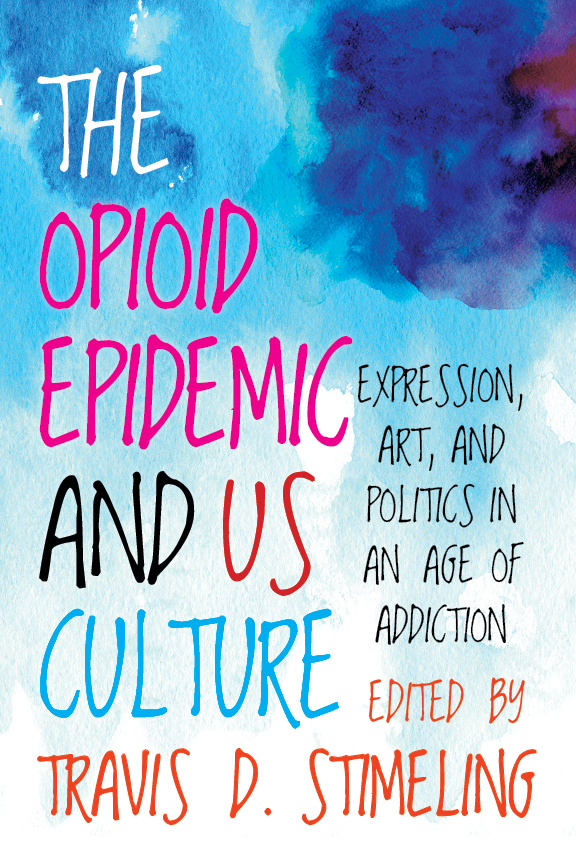Bruce Jennings
June 2016
256pp
PB 978-1-943665-18-1
$18.99
epub 978-1-943665-17-4
$18.99
PDF 978-1-943665-16-7
$19.99
Summary
As our economic and natural systems continue on their collision course, Bruce Jennings asks whether we have the political capacity to avoid large-scale environmental disaster. Can liberal democracy, he wonders, respond in time to ecological challenges that require dramatic changes in the way we approach the natural world? Must a more effective governance be less democratic and more autocratic? Or can a new form of grassroots ecological democracy save us from ourselves and the false promises of material consumption run amok?
Ecological Governance is an ethicist’s reckoning with how our political culture, broadly construed, must change in response to climate change. Jennings argues that during the Anthropocene era a social contract of consumption has been forged. Under it people have given political and economic control to elites in exchange for the promise of economic growth. In a new political economy of the future, the terms of the consumptive contract cannot be met without severe ecological damage. We will need a new guiding vision and collective aim, a new social contract of ecological trusteeship and responsibility.
Contents
Introduction
Part I: Rethinking Life, Liberty, and the Pursuit of Happiness on a Planet in Crisis
1. The Social Contract
2. Political Economy
Part II: Natural Being, Cultural Becoming: Nature in Humans
3. The Roots and Logic of Social Contract Theory
4. The Uses of Nature and Culture: Artifice and Accommodation
5: Re-enchanting the Social Contract
Part III: Terms of an Ecological Contract: Humans in Nature
6. Agency, Rules, and Relationships in an Ecological Social Contract
7. Wealth: From Affluence to Plenitude
8. Property: From Commodity to Commons
9. Freedom: Relational Interdependence
10. Citizenship: From Electoral Consumer to Ecological Trustee
Part IV: The Political Economy of Climate Change—Democracy, If We Can Keep It
11. The Ecological Contract and Climate Change
12. An Inquiry into the Democratic Prospect
Conclusion
Acknowledgments
About the Author
Notes
Author
Bruce Jennings is director of bioethics at the Center for Humans and Nature, adjunct associate professor of health policy at Vanderbilt University, and senior advisor and fellow at The Hastings Center. He has written widely on health, environment, and public policy issues. He is editor-in-chief of Bioethics 4th Edition (formerly the Encyclopedia of Bioethics).
Reviews
"Bruce Jennings is a world-class expert on bioethics and public policy whose work is widely read by academics in a variety of disciplines. His ambitious and remarkable new book makes a convincing case that we must adopt new moral values and ethical standards for behavior informed by an ecological worldview and predicated on our best scientific understanding of human survival on planet Earth."
Robert Nadeau, author of The Environmental Endgame: Mainstream Economics, Ecological Disaster, and Human Survival
"The grace of Jennings's prose and the relative brevity of the text make this an especially approachable and appealing contribution to environmental political theory."
Ben A. Minteer, author of Refounding Environmental Ethics: Pragmatism, Principle, and Practice
Introduction
Read the introduction to Ecological Governance.







